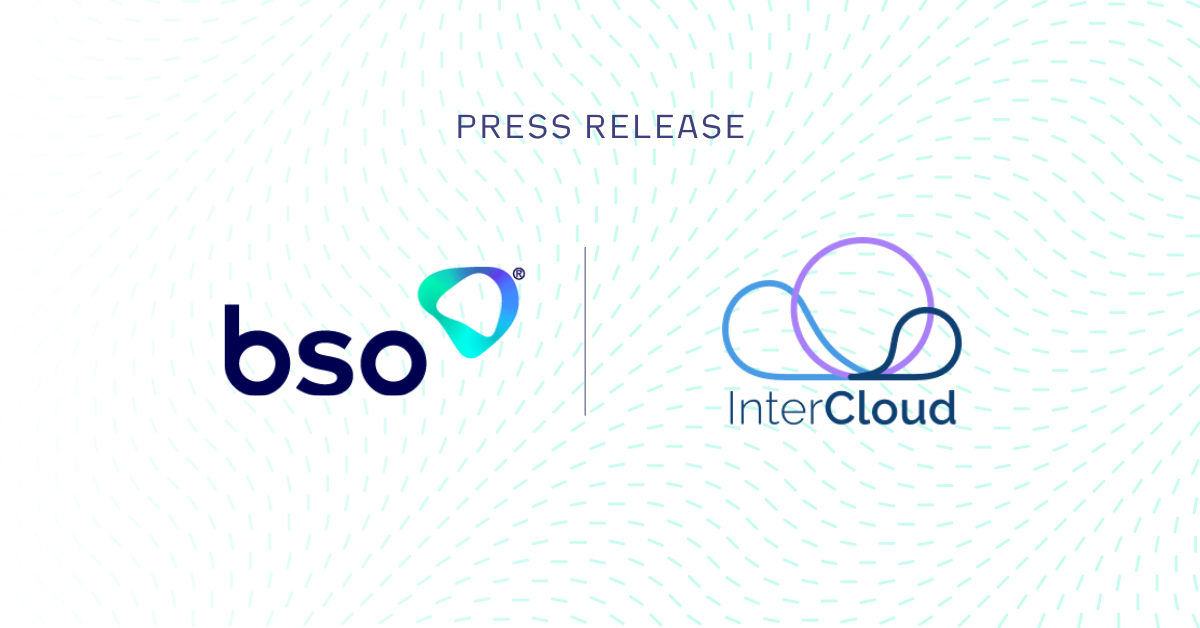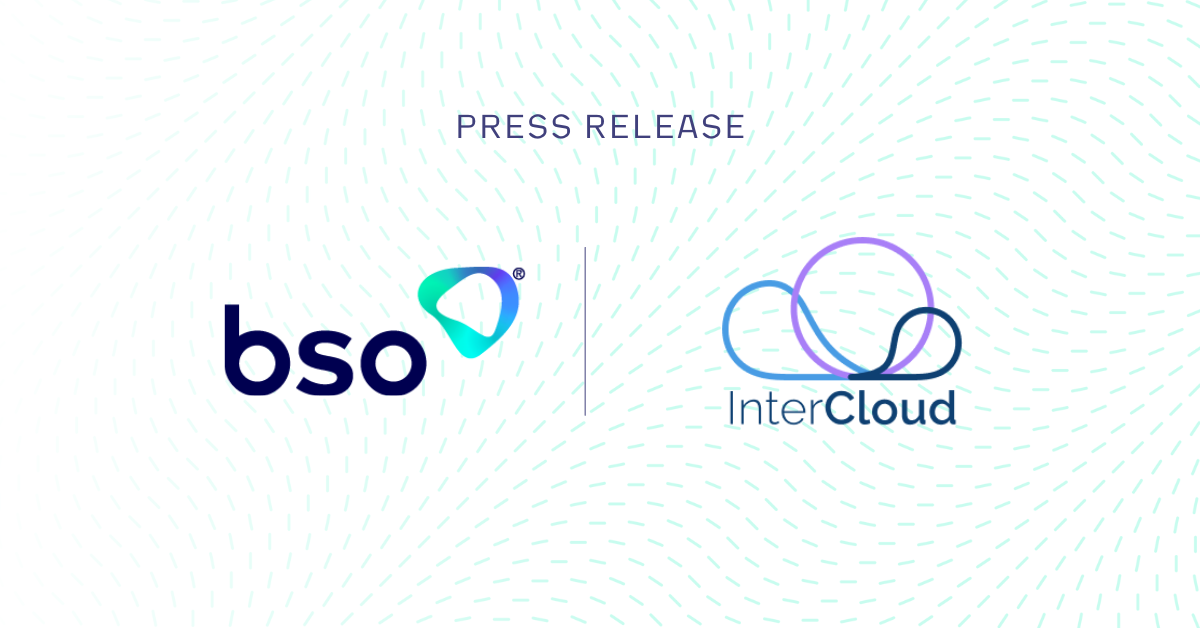
A well-defined cloud strategy is vital for modern organisations and can be the foundation for streamlining key business processes, driving innovation and achieving a competitive edge. In the article, we explore 5 reasons to consider establishing an enterprise hybrid cloud architecture within your organisation.
The importance of choosing the right cloud strategy for enterprise businesses
Choosing the right cloud strategy and model is paramount for enterprise businesses navigating today's digital landscape. With different business functions utilising various tools and processes for managing and sharing data, you’ll need to decide the best cloud model and methodology for your specific business needs. As data volumes and complexity increase, having a clear and robust strategy is crucial.
Consider the level of control, flexibility and scalability you need, plus the security and resilience required for certain data centres.
As an experienced cloud solutions provider, we know the challenges businesses face with increasing data volume and complexity and the critical access and management needs for maintaining high productivity and efficiency. BSO supports enterprise companies in choosing, planning and implementing cloud solutions for their data and IT architecture.
Learn more in our handy comparison checklist on the pros, cons and key differences between public, private and hybrid cloud models.
What is enterprise hybrid cloud?
An enterprise hybrid cloud environment integrates private and public cloud infrastructures, allowing organisations to leverage the benefits of both deployment models. In this setup, critical workloads and sensitive data are typically hosted on a private cloud, providing enhanced security and control, while less sensitive workloads can utilise public clouds’ scalability and cost-effectiveness.
Implementing a hybrid cloud architecture involves several key steps. Firstly, assess your existing IT infrastructure and workloads to determine which applications and data can benefit from the hybrid model. Then, establish connectivity between the private and public cloud environments to ensure seamless data transfer and integration. Post-deployment, ongoing monitoring, management and optimisation are essential to maximise performance and efficiency.
The hybrid approach offers various benefits, including enhanced flexibility, scalability and cost optimisations, making it ideal for enterprise businesses with diverse and complex IT requirements.
The top reasons to establish an enterprise hybrid cloud architecture
So, let’s dive into the main reasons to consider establishing an enterprise hybrid cloud architecture and the advantages of the hybrid cloud model:
1. Enhanced flexibility and scalability
Hybrid cloud architecture offers unparalleled flexibility and scalability for enterprise businesses. By integrating private and public cloud environments, organisations can dynamically allocate resources according to fluctuating demand. This flexibility allows you to scale up or down rapidly, ensuring optimal performance and resources without overprovisioning or underutilisation.
The model also enables seamless migration of workloads between environments, providing the agility to adapt to changing business needs. Whether scaling to accommodate seasonal peaks or launching new initiatives, hybrid cloud architecture empowers enterprises to innovate, grow and maximise efficiency and sustainability.
2. Improved security and compliance
There are significant security and compliance benefits to implementing an enterprise hybrid cloud architecture. It allows you to retain sensitive data on-premises while leveraging the scalability of the public cloud for less critical workloads. This mitigates the risk of unauthorised access or data breaches.
The hybrid model also helps enterprises meet key regulatory requirements and industry standards thanks to customisable security measures and compliance controls tailored to specific workloads and data types.
If you’re keen to establish a robust foundation for maintaining data integrity, confidentiality and regulatory compliance, hybrid cloud architecture is ideal. And using a trusted cloud solutions and network connectivity provider can give you added peace of mind.
3. Cost-savings/efficiency
Public cloud solutions are great for scalability and cost-effectiveness, and with a hybrid model, you can still utilise public clouds for non-sensitive workloads to reduce infrastructure costs.
The beauty of a hybrid cloud infrastructure is the ability to dynamically allocate resources based on demand. This boosts efficiency and minimises idle capacity and associated expenses. You can adopt a pay-as-you-go model to scale resources up or down as required, meaning you don’t need to invest astronomical upfront capital. It’s the best of both worlds.
4. High availability and disaster recovery
By leveraging multiple cloud environments, organisations can distribute workloads strategically, ensuring redundancy and minimising the risk of downtime. The hybrid model also supports disaster recovery. In the event of a disaster or service interruption, the infrastructure enables seamless failover between private and public clouds so your teams enjoy uninterrupted access to critical applications and data.
Here are a few ways hybrid cloud solutions can enhance your disaster recovery strategy:
- Data replication
- Backup across geographically diverse locations
- Improved resilience and risk reductions
- Ensured business continuity
- Streamlined and automated disaster recovery processes
5. Increased performance and reliability
Distributing workloads strategically across private and public cloud environments increases IT performance and reliability. This hybrid approach reduces latency, improves scalability and ensures consistent performance, even during peak demand periods.
Once you’ve established a hybrid cloud architecture, you’ll be well set to deliver high-performing internal operations and reliable services to customers while optimising resources and minimising potential disruptions.
Check out our Ultimate Enterprise Cloud Services Comparison guide to learn more about the options available and what might be right for your business.
Summary
Adopting a hybrid strategy offers your business a wide range of benefits and a competitive edge, such as flexibility, scalability, cost-efficiencies, compliance, risk management, enhanced performance, and much more.
Establishing an enterprise hybrid cloud architecture empowers you to leverage specialised cloud services for specific tasks and demands while allowing you to maintain control over core infrastructure and segment sensitive data in private clouds.
Learn how BSO can help you implement an enterprise hybrid cloud architecture
As an experienced cloud services provider that offers custom solutions to meet your unique requirements, BSO can help you implement an enterprise hybrid cloud architecture that’s right for your business. Forget inflexible one-size-fits-all solutions, BSO Cloud combines physical products with highly specialised consulting and managed services, giving clients an optimal cloud experience, whatever the industry.
We can address your concerns about IT data security and compliance and help you:
- Protect your data with a robust, secure, redundant solution
- Master your environment and gain flexibility
- Optimise your cloud computing costs
- Benefit from the support of BSO’s cloud experts
What benefits can you expect from BSO Cloud solutions?
We make building and maintaining a hybrid cloud infrastructure effortless through our collaborative and flexible approach, tried and tested methods and expertise. Here are just some of the benefits you get with BSO:
- Transparent pricing – Expect clear cost breakdowns, no hidden fees (100% predictable) and pricing that is easy to understand.
- Fast, reliable and robust infrastructure – We operate cloud regions in Paris, London, New York, Dubai and Hong Kong. Every region uses the highest-grade infrastructure and we utilise SSD and NVMe for storage – high IOPs guaranteed.
- Dedicated support and collaborative approach – We treat every cloud customer equally, large or small, with our unrivalled consulting-led approach.
- Enhanced security and redundancy – We protect your data and make securing your cloud environment a top priority. Our cloud solutions are fully redundant and meet the highest standard in terms of security.
“The major cloud providers' one-size-fits-all approach tends to lack transparency when it comes to services but also costs. BSO supported our specific needs and development with a great deal of expertise. Our BSO interlocutors provided us with the flexibility to create custom solutions adapted to our specific needs, on a 24/7 basis, and as part of a larger solutions portfolio. We can now focus our resources on building quality services for our customers."
– Soumow Atitallah Head of Engineering & Product at Opisto
If you think the hybrid model is right for you, we’d love to discuss how we can help plan, deploy and manage your hybrid cloud architecture. Get in touch or browse our cloud solutions to learn more.
ABOUT BSO
The company was founded in 2004 and serves the world’s largest financial institutions. BSO is a global pioneering infrastructure and connectivity provider, helping over 600 data-intensive businesses across diverse markets, including financial services, technology, energy, e-commerce, media and others. BSO owns and provides mission-critical infrastructure, including network connectivity, cloud solutions, managed services and hosting, that are specific and dedicated to each customer served.
The company’s network comprises 240+ PoPs across 33 markets, 50+ cloud on-ramps, is integrated with all major public cloud providers and connects to 75+ on-net internet exchanges and 30+ stock exchanges. The team of experts works closely with customers in order to create solutions that meet the detailed and specific needs of their business, providing the latency, resilience and security they need regardless of location.
BSO is headquartered in Ireland, and has 11 offices across the globe, including London, New York, Paris, Dubai, Hong Kong and Singapore. Access our website and find out more information: www.bso.co
SALES ENQUIRY
Get in touch now. Find out how we can transform your business_
You might be interested in_
THE BSO DIFFERENCE
The industries we work across_





/Revolutionising-Connectivity%20BSOs-Tailored-Cloud-Solution-for-CryptoStruct-GmbH.png?width=1050&height=550&name=Revolutionising-Connectivity%20BSOs-Tailored-Cloud-Solution-for-CryptoStruct-GmbH.png)
/6%20Cloud%20Best%20Practices%20for%20Financial%20Technology%20Companies.jpg?width=1200&height=600&name=6%20Cloud%20Best%20Practices%20for%20Financial%20Technology%20Companies.jpg)











